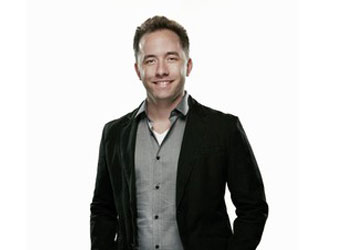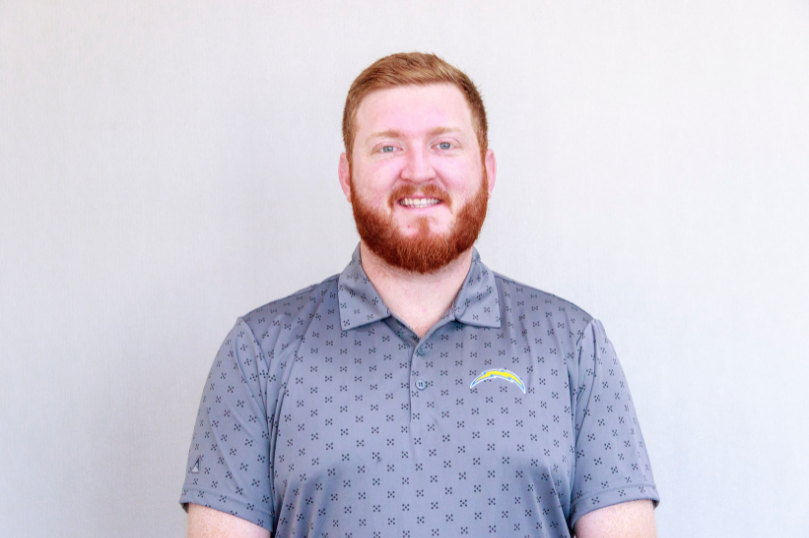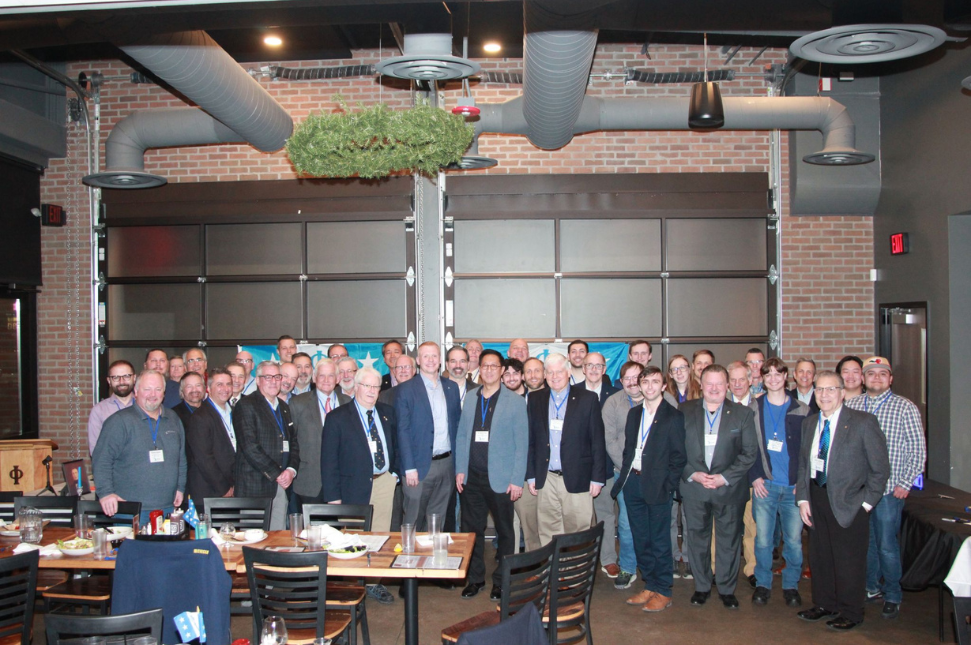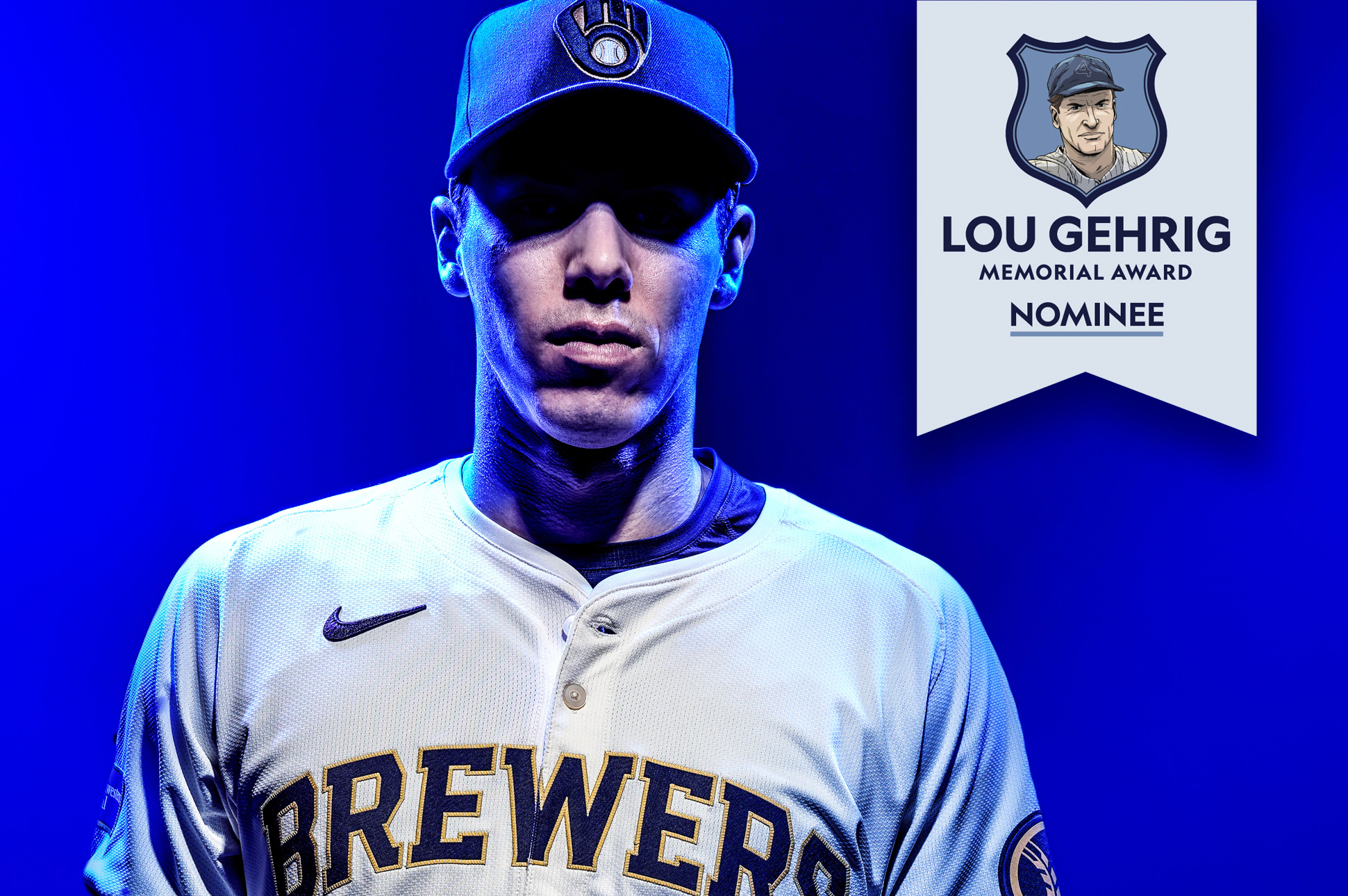By Leon Lynn, Staff Reporter at The Tech
Drew W. Houston ’05, co-founder and CEO of Dropbox, the online file storage service, will be the keynote speaker for the graduating class of 2013 at MIT’s 147th Commencement on June 7, 2013. While Khan Academy founder and 2012 speaker Salman A. Khan ’98 was MIT’s youngest commencement speaker in at least 30 years, Houston is even younger at 29 years of age. He won’t be more than a couple of years older than many of the addressees receiving graduate degrees.
Houston graduated from MIT with a Bachelor of Science in Computer Science and Engineering (Course 6-3) in 2005. While at MIT, he spent his summers working at startups, and took a leave of absence during his junior year to work at Bit9, a cybersecurity firm. He then started Accolade, an SAT prep company, which he managed while working for Bit9. Houston continued his work at both places after graduating from MIT. About a year later, Houston came up with the idea for a cloud-based file storage website that would allow users to synchronize folders on their computer with other devices via the Internet. He was joined by Arash Ferdowsi, a student who left MIT to work with him, and in 2007, Dropbox was born.
Houston says that part of his inspiration for Dropbox came from the MIT’s Athena system, which allows students to access their files on any of the Athena computers across campus. Houston said his goal was to do this for “the world.”
Dropbox has proved to be wildly successful. Last year, the Silicon Valley company appeared on the cover of Forbes, and today it boasts tens of millions of users. Here on the East Coast, the company has become a symbol of the tech start-up culture at MIT, where students walk down the Infinite with the telltale translucent blue boxes prominently displayed on their t-shirts.
“Building Dropbox has been the most amazing experience of my life, and I’m really excited to share the experience and what I’ve learned in this whole journey,” Houston said.
“Starting a company is a very mysterious process,” Houston added. But he did hint that he was saving up advice for the commencement speech, so students seeking entrepreneurial advice need not give up hope. Houston has spoken about his experience in startup how-to talks at other venues before. His story about going from a single idea inspired on a train ride to garnering tens of millions of users is already known. The story of getting seed money from Y Combinator and eventually declining an offer from Steve Jobs is already famous.
Houston credits some of his success to his years at MIT, where he gained engineering and leadership experience through his coursework and at Phi Delta Theta.
Recently, he’s had a chance to be reminded of the pragmatic heedlessness his alma mater is known for. On October 16, Dropbox launched a “Space Race” competition to promote their product in universities. Participating schools competed to get the most number of users to sign up, and students at the winning school would receive extra space on their Dropbox accounts. A few days into the race, several larger overseas schools had beaten MIT’s early lead. In response, a couple of students from Burton-Conner hacked the system by creating thousands of Dropbox accounts and automating the process of scoring points in the Space Race. Soon, MIT was back at the top of the leader board.
“I love the creative spirit. I actually took those guys out for dinner when I was in town about a week or two ago,” he told The Tech yesterday. “We have to preserve the integrity of the contest — we don’t want to let people just cheat,” he added after a pause. “But if these kinds of shenanigans were to happen with Space Race, I had hoped that they would come from MIT first.”
Houston also hopes that MIT students will come out of school with larger goals in mind. “I don’t think MIT graduates realize how much the world needs them to go out and build things, and how well trained they are to do so,” he said.





